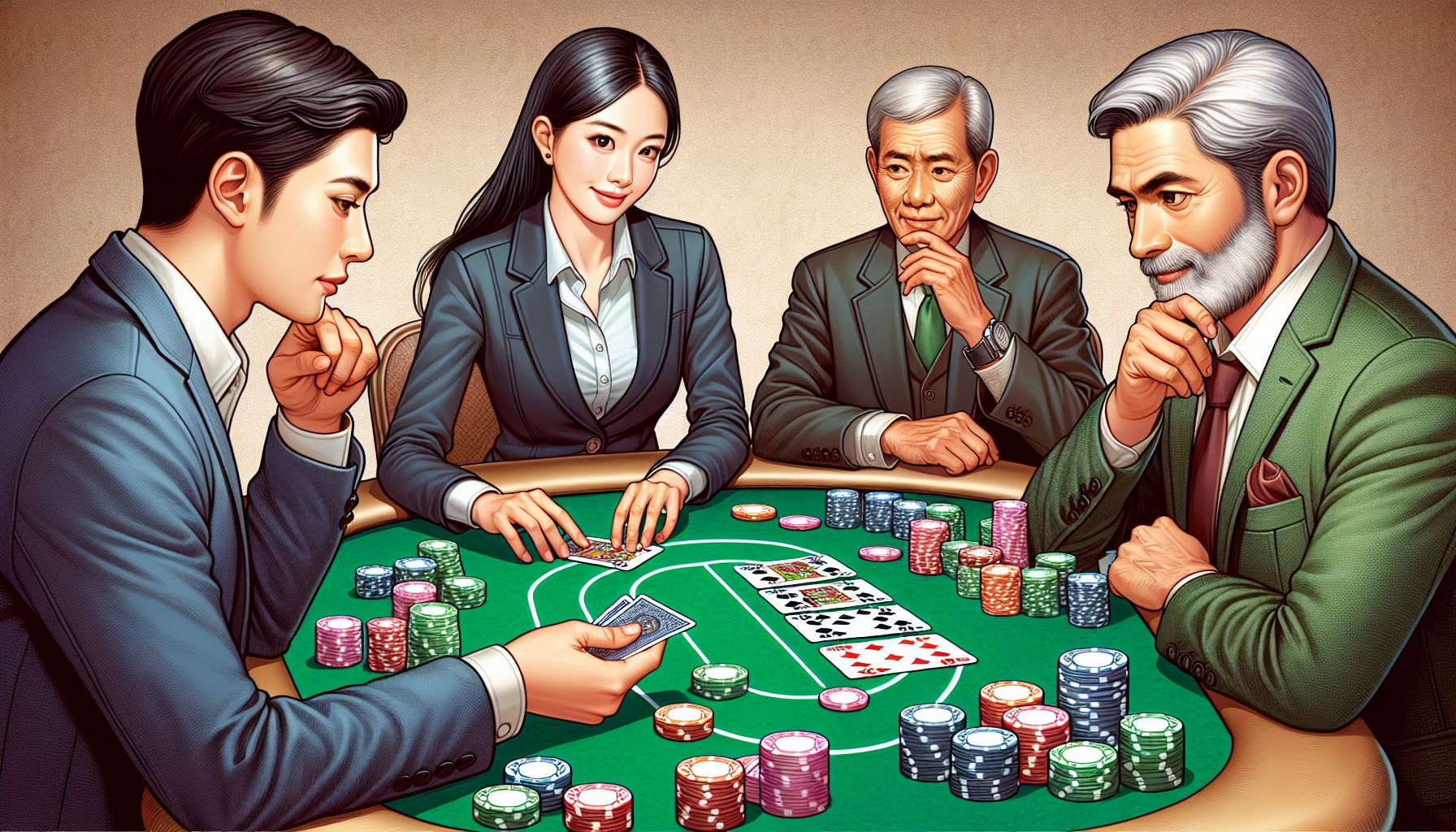When you think of poker, what comes to mind? Perhaps it’s the image of a smoke-filled room with players intently staring at their cards, or maybe it’s the adrenaline rush of going all-in on a high-stakes hand. Poker has long been synonymous with gambling, but it is so much more than that. It is a game of strategy, skill, and calculated risk-taking. In this article, we will delve into the world of poker and explore why it continues to captivate players all around the globe.
The Inner Workings of Poker
At its core, poker is a game of skill where players compete to make the best hand or convince everyone else to fold. It is not merely about luck or chance, as many people mistakenly believe. Experienced players understand that success lies in their ability to read opponents, make strategic decisions, and manage their emotions effectively.
The game starts with a set of rules and a deck of cards, but it quickly evolves into a psychological battle. In poker, players must wear many hats: mathematician, psychologist, and risk-taker. Every move counts, and every decision has consequences. That is what separates the winners from the losers.
The Strategic Elements of Poker
Strategic thinking is the backbone of every poker game. Players must carefully calculate their odds, evaluate their opponents’ behavior, and adapt their strategies accordingly. It is a delicate dance of analyzing information while hiding your own intentions. The art of poker lies in bluffing and misdirection. A well-executed bluff can easily turn the tide of a game and secure a win.
Poker also teaches invaluable lessons about risk and reward. Each hand presents an opportunity, and players must assess whether the potential gain outweighs the potential loss. This risk assessment and calibration of decision-making remain essential skills not only in poker but also in many aspects of life.
The Emotional Rollercoaster
Emotions play a pivotal role in poker. Players must maintain a composed façade while grappling with excitement, disappointment, and frustration. The ability to control one’s emotions is crucial, as it directly impacts decision-making. A momentary lapse can lead to impulsive moves that cost a player the entire game. Learning to master emotions under pressure is a valuable life skill that can be honed through poker.
Conclusion
In conclusion, poker is much more than a game of gambling. It is a challenging and strategic endeavor that tests your ability to read opponents, analyze probabilities, and manage your emotions. As with any skill, becoming proficient in poker requires dedication and practice. The lessons learned at the poker table can be applied to everyday life, making you a more calculated risk-taker and a shrewd decision-maker.
So, the next time you hear the shuffle of cards and the clinking of chips on the poker table, remember that you are entering a domain of strategy, skill, and calculated moves. Poker is a game that transcends gambling, offering a fascinating insight into the human psyche. Will you rise to the challenge and master the art of poker?



